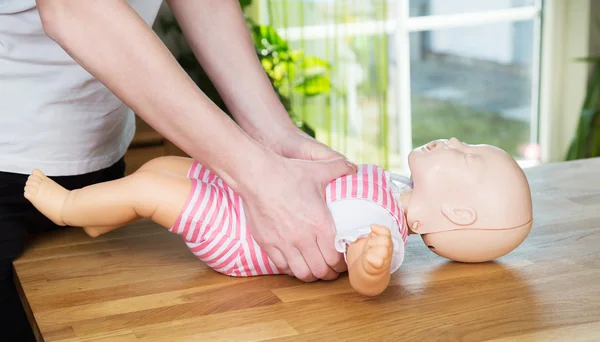Every second counts in an emergency. Whether it’s trauma from a road traffic accident, a sudden cardiac arrest, a stroke, or an obstetric complication, the first hour—often called the golden hour—determines whether a life is saved or lost. Unfortunately, in many low- and middle-income countries, including Nigeria, most emergencies happen outside the hospital where professional medical care is not immediately accessible.
This is where prehospital care—the immediate attention given before reaching a hospital—becomes a lifesaving intervention. Prompt action, such as CPR, controlling bleeding, or stabilizing a victim after an accident, can drastically reduce death and long-term disability. Studies show that well-organized emergency medical services and quick response by trained individuals can prevent thousands of avoidable deaths.
Yet, in most developing nations, prehospital emergency care remains under-prioritized. Poor road safety measures, lack of emergency response systems, and limited access to ambulances or trained personnel contribute to preventable fatalities, particularly from road accidents and other time-sensitive conditions.
At Trauma Care International Foundation (TCIF), we are bridging this gap through our First Aid Trainings and the First Responder Network (FRN). By equipping ordinary people—teachers, students, workers, faith-based groups, and community members—with practical life-saving skills, we are ensuring that more victims get immediate, effective help while waiting for professional care.
Through the FRN, we have built a community of thousands of trained volunteers across Africa who serve as the first line of response during emergencies. These responders are empowered to:
1.) Recognize medical emergencies.
2.) Provide basic first aid such as CPR, bleeding control, and safe victim transport.
3.) Alert emergency services promptly and coordinate care until advanced help arrives.
Quality prehospital care is not just about saving individual lives—it is also critical for disaster response and mass-casualty management. A strong prehospital system supported by trained responders ensures resilience in our communities and contributes to healthier societies.
We believe that every life counts, and through continuous training, community engagement, and partnerships, TCIF is working to reduce avoidable deaths in Nigeria and across Africa. Together, we can make sure that more people receive help in their most vulnerable moments.
👉 Join the movement. Get trained. Become a first responder. Save lives.





What do you think?
0 Responses
To Comment, you must Sign In
Be the First to Post on this Topic